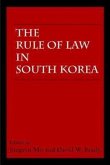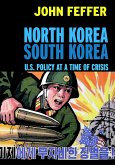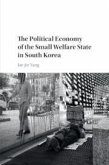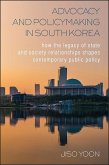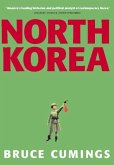This book examines the critical moment in South Korea's history when martial law was declared, revealing the events, controversies, and political implications surrounding this decision. It addresses the president's justification for the move, the opposition's strong rejection, and the swift parliamentary vote that demanded its lifting. Rumors about the potential reversal of martial law and its immediate impact on governance are explored in detail. The narrative looks into the broader historical context, tracing South Korea's experience with martial law during periods of dictatorship and its path to democracy. By comparing past events to the current situation, this book highlights the risks and challenges to democratic principles posed by authoritarian measures. It also discusses the societal reactions, including widespread protests, and the implications for South Korea's political stability and international reputation. Through a detailed analysis, this book offers readers a comprehensive view of martial law's impact on South Korea's democracy, institutions, and people. It raises important questions about governance, accountability, and the balance between security and freedom. This is a must-read for anyone interested in understanding the complexities of political crises and their long-term effects on society.
Hinweis: Dieser Artikel kann nur an eine deutsche Lieferadresse ausgeliefert werden.
Hinweis: Dieser Artikel kann nur an eine deutsche Lieferadresse ausgeliefert werden.


